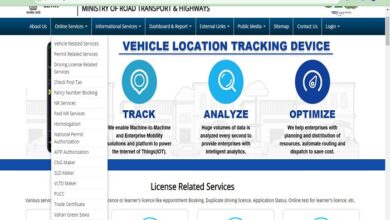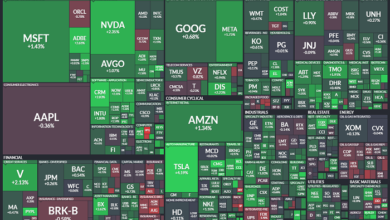RajkotUpdates.News: Government May Consider Levying TDS/TCS on Cryptocurrency Trading

Cryptocurrencies have been a topic of immense interest and debate in recent years. The ever-evolving digital landscape has given rise to new financial opportunities & challenges. In a surprising turn of events, the government of India is considering levying Tax Deducted at Source (TDS) and Tax Collected at Source (TCS) on cryptocurrency trading. This decision, reported by RajkotUpdates.News, could have significant implications for the crypto community and the broader financial sector.
Understanding TDS and TCS:
- What is TDS? Tax Deducted at Source (TDS) is a mechanism employed by the government to collect taxes at the source of income. It requires the payer to deduct a certain percentage of the payment made and remit it to the government. TDS ensures that taxes are collected in advance, preventing tax evasion and promoting transparency.
- What is TCS? Tax Collected at Source (TCS) is another method used by the government to collect taxes. It requires the seller to collect a specific percentage of the transaction value from the buyer and remit it to the government. TCS acts as a means to track transactions & capture tax revenues.
Implications for Cryptocurrency Trading: The potential implementation of TDS and TCS on cryptocurrency trading is likely to have a far-reaching impact:
- Enhanced Regulation and Accountability: By introducing TDS and TCS on crypto transactions, the government aims to bring greater regulation and transparency to the crypto space. This move could help address concerns such as money laundering, tax evasion, and illicit activities associated with cryptocurrencies.
- Increased Compliance Burden: For cryptocurrency traders, the introduction of TDS and TCS would mean additional compliance requirements. They would need to ensure accurate reporting.. maintain proper records, and comply with tax obligations. This development could lead to a more formalized structure in the crypto trading ecosystem.
- Potential Decline in Trading Volumes: The implementation of TDS and TCS might discourage some participants from engaging in cryptocurrency trading. The additional tax burden could lead to a decrease in trading volumes, at least in the short term. However, over time, as the regulatory framework becomes more established, it could instill confidence in the market and attract new investors.
- Revenue Generation for the Government: Levying TDS and TCS on cryptocurrency trading could generate substantial revenue for the government. As the popularity of cryptocurrencies grows, so does their trading.. volume. By imposing taxes at the source, the government can tap into this burgeoning market and boost its revenue streams.
- Need for Clear Guidelines: To effectively implement TDS and TCS on cryptocurrency trading, clear guidelines and frameworks must be established. This includes determining the applicable tax rates, defining the responsibilities of traders, exchanges, and other intermediaries, and addressing cross-border transactions. The government must work closely with industry experts and stakeholders to develop a comprehensive and enforceable regulatory framework.
Conclusion:
The potential introduction of TDS and TCS on cryptocurrency trading, as reported by RajkotUpdates.News, signifies the government’s intent to bring cryptocurrencies under the tax net and regulate the market. While this move may initially lead to challenges and uncertainties for traders, it also presents an opportunity to establish a transparent and accountable ecosystem. As the government proceeds with these measures, it will be crucial to strike a balance between fostering innovation & safeguarding.. the interests of investors and the financial system as a whole.
Disclaimer:
The information provided in this article is based on the reported news from RajkotUpdates.News. The final decision and implementation of TDS and TCS on cryptocurrency trading may be subject to change based on government policies and regulations. Readers are advised to consult with relevant





